
Human organism can survive just a minute or two without the air, couple of days without any food and only four days without the water. When our body loses so much water that it is more than we drank this condition is called dehydration. If there is not enough water in the system, our organs start to fail and the whole body eventually stops.
Water is needed for the proper functioning of all organs and systems in the human body. Adequate amount of water is necessary to maintain normal blood pressure. Insufficient amount of water in the body will certainly affect the waste elimination from the body and cause constipation. Water is also responsible for the regulation of our bodily temperature through the sweating process, and if there is not enough of water our temperature could increase significantly.
Dehydrationin Elderly
Elderly people are more likely to suffer from dehydration, which can lead to serious complications and illnesses. Usually, older patients suffer from multiple chronic diseases and take many different medications to treat these conditions and these all present risk factors for dehydration. Elderly are also more prone to swallowing disorders, gastrointestinal bleeding and surgical procedures are also common among them, all leading to potential dehydration. Other risk factors for dehydration in older patients might include: fever, diarrhea, vomiting, use of alcohol and some acute diseases, such as urinary tract infections and pneumonia, often found in these patients.
With aging, our body sends fewer signals about the thirst and it becomes less able to maintain adequate liquids and water balance in the body. Because of that, older people often don’t feel thirst and don’t drink sufficient amounts of water and other fluids.
Elderly could be also forgetting to drink water, due to their age, effects of the drugs they have been taking or even because of the altered mental status. Sometimes, decreased mobility can also affect intake of water, and people suffering from Parkinson’s disease or stroke might also experience dehydration.
Dehydration Symptoms
First symptoms of dehydration might be dry mouth and tongue, decrease in the amount of urine, constipation, weight loss and sweating inability. Dehydrated people could also experience headaches, dizziness, confusion and the drop of blood pressure while standing, but also walking problems and falls.
How to TreatDehydration
The treatment include the replacement of needed fluids by mouth (orally), or in more serious cases intravenously or stomach tube fluid replacement.
Be aware that aging people need less water, and sometimes, especially if they are dying, their body will naturally need lees fluids. The same goes for terminally ill people, for in most cases they also need and/or desire less water and food.
Elderly people in hospitals are carefully watched in order to prevent and treat early signs of dehydration.


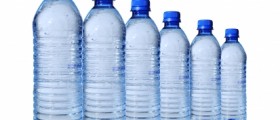





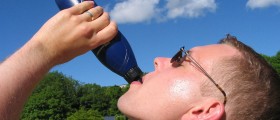


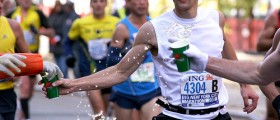
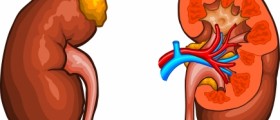


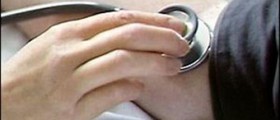

Your thoughts on this
Loading...